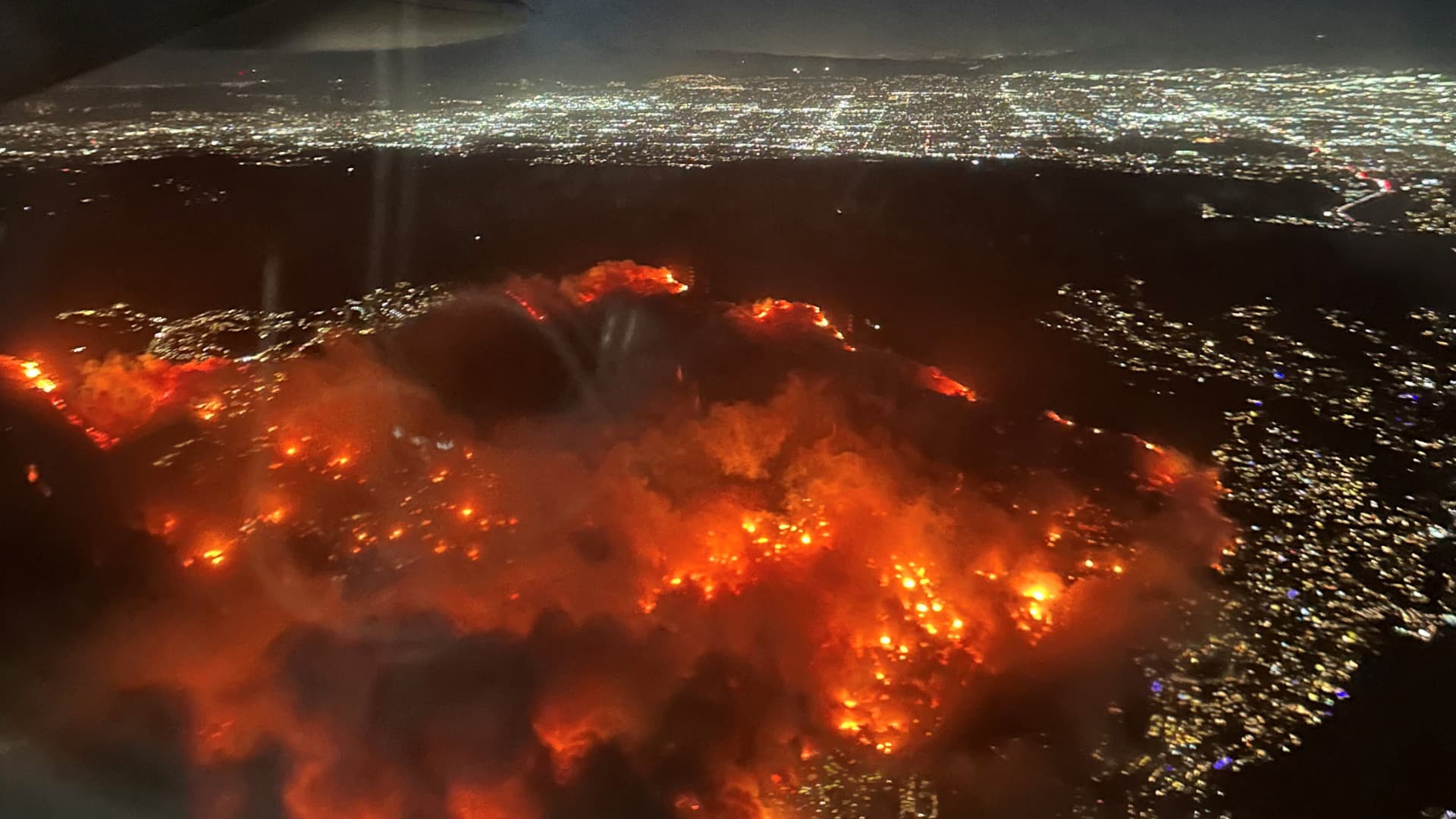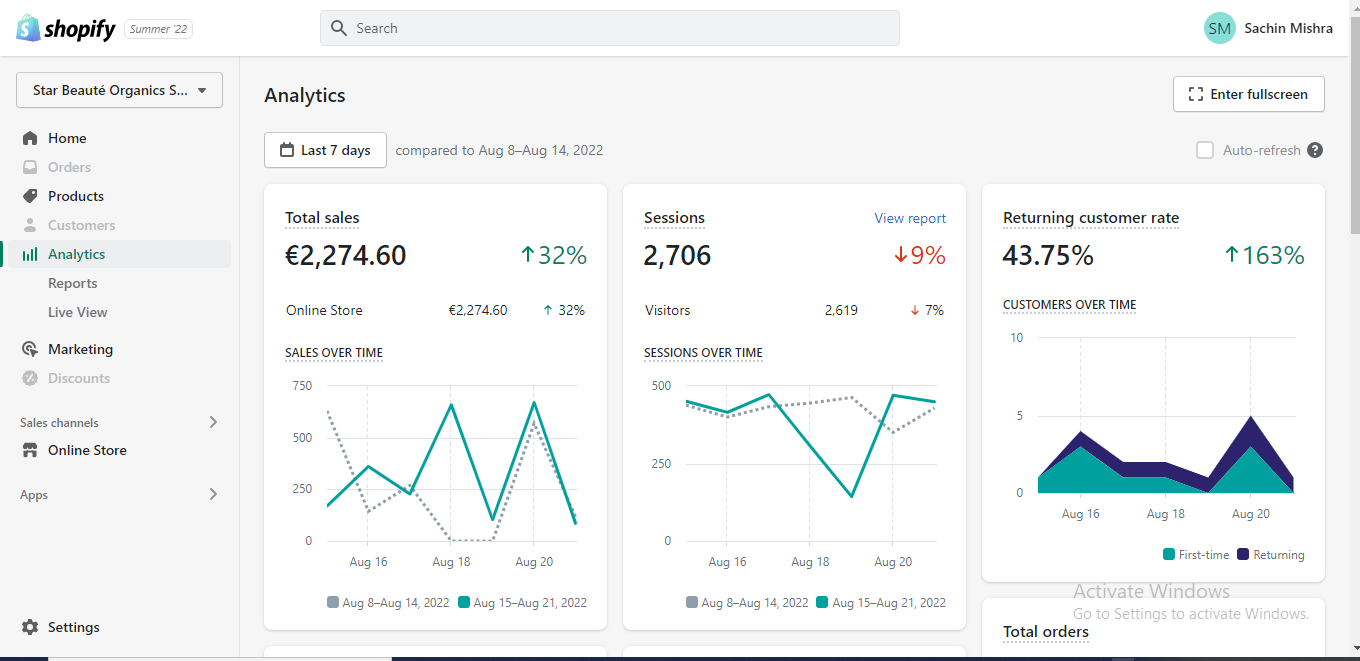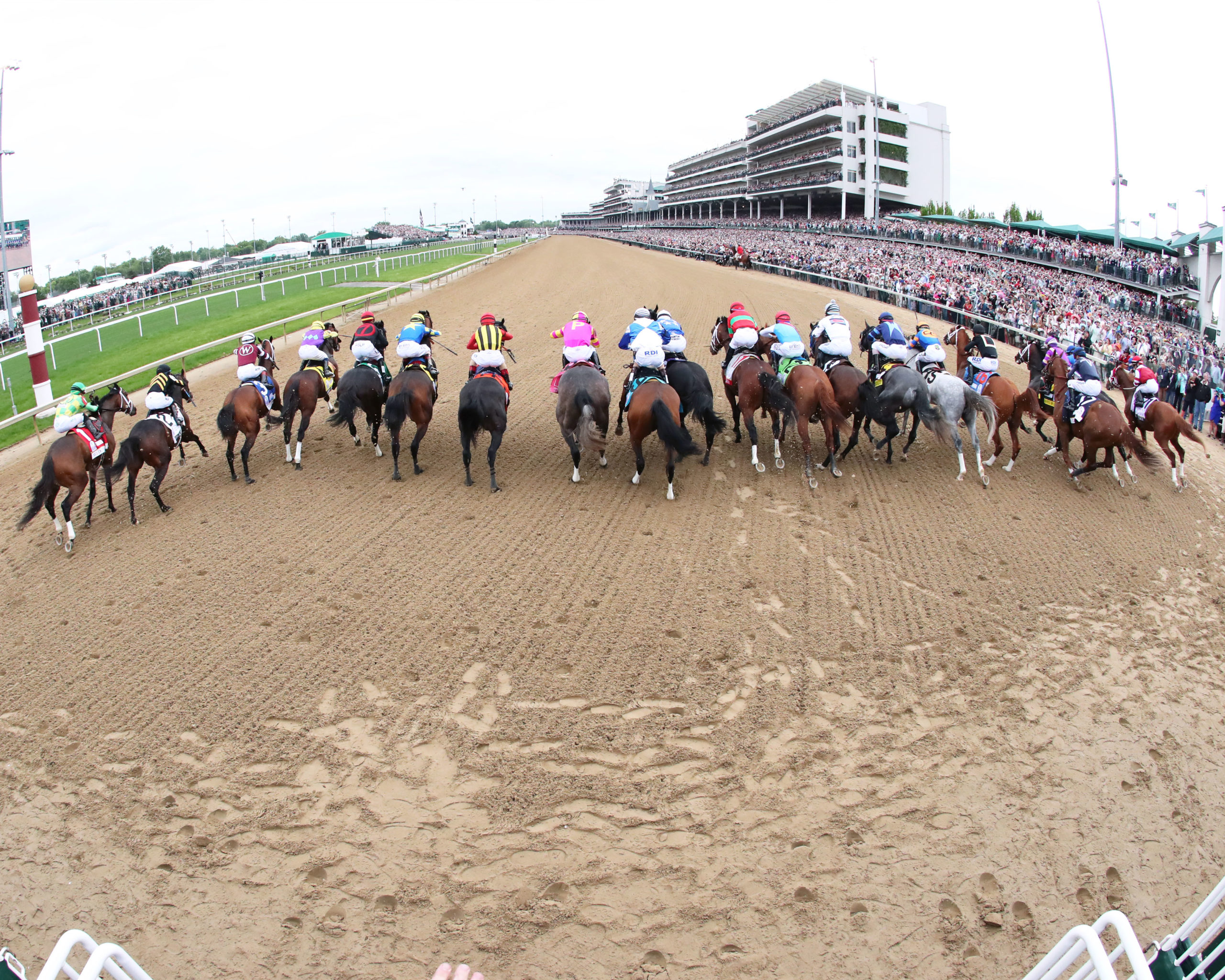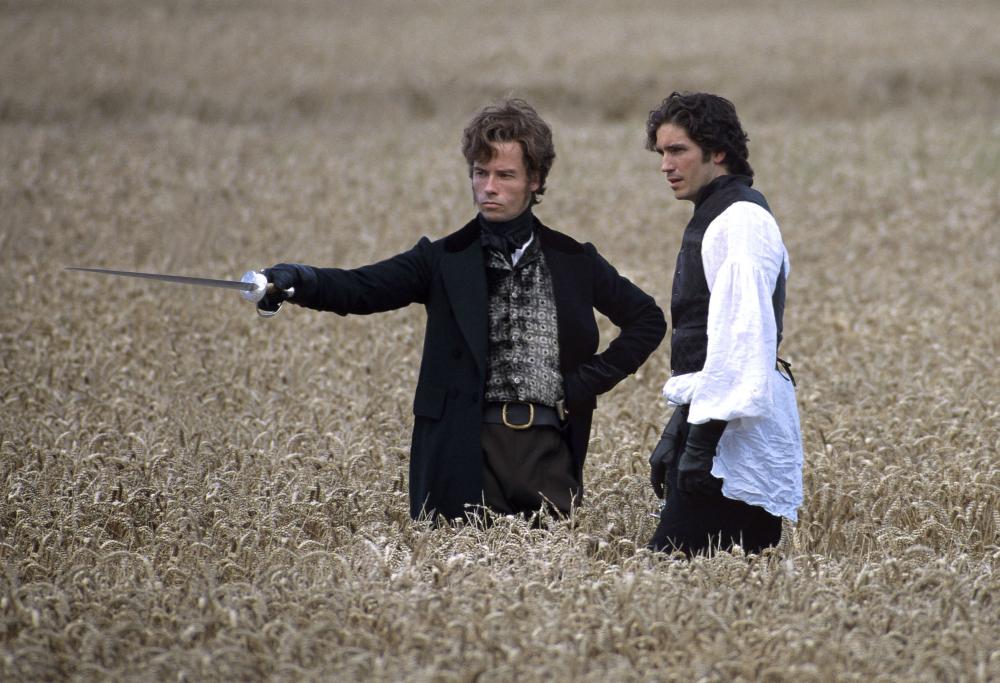Wildfire Wagers: Exploring The Ethics And Implications Of Betting On The Los Angeles Fires

Table of Contents
The Legality and Regulation of Wildfire Betting
H3: Current Laws and Regulations: California, like many states, has robust gambling laws overseen by the California Gambling Control Commission. However, these laws primarily focus on traditional forms of gambling, such as casinos and lotteries. There's currently no specific legislation directly addressing the legality of betting on natural disasters like wildfires. This lack of clarity creates a significant legal grey area.
H3: The Grey Area of Prediction Markets: Prediction markets, where individuals bet on the outcome of future events, exist in various forms. While some are regulated, many operate in a less transparent manner. Betting on wildfire severity could potentially fall under the umbrella of prediction markets, raising ethical concerns even if not explicitly illegal.
- Specific examples of where betting might occur: Online platforms offering unregulated betting options, peer-to-peer betting, and potentially even dark web markets.
- Potential legal consequences for individuals and operators: Depending on the platform and jurisdiction, individuals could face fines or other penalties. Operators of unregulated betting platforms could face more severe legal repercussions.
- Comparison to other forms of speculative betting: Wildfire wagers share similarities with weather derivatives, used by businesses to hedge against weather-related risks. However, the ethical implications are vastly different when human suffering is directly involved.
Ethical Concerns and the Impact on Victims
H3: Profiting from Suffering: The very idea of profiting from the suffering of wildfire victims raises profound ethical concerns. Imagine betting on the number of homes destroyed or the extent of property damage while families are losing everything. This callous disregard for human suffering is morally reprehensible.
H3: The Role of Social Responsibility: Betting platforms have a social responsibility to prevent the creation of markets that exploit human tragedy. Individuals also have an ethical obligation to avoid participating in such activities.
- Examples of insensitive betting markets: Betting pools on the total acreage burned, the number of structures destroyed, or even the number of casualties.
- The psychological impact on survivors: Witnessing such markets can cause further emotional distress and exacerbate the trauma experienced by survivors. This constitutes a form of secondary victimization.
- Potential for secondary victimization: The existence of such markets can further traumatize victims and undermine their sense of security and community support.
The Potential for Exploitation and Manipulation
H3: Insider Information and Fraud: The potential for fraud and manipulation is substantial. Individuals with access to sensitive information—firefighters, insurance adjusters, or even those with early access to weather forecasts—could potentially manipulate wildfire betting markets for personal gain.
H3: Market Instability and Volatility: Wildfire betting could introduce instability into related financial markets. Insurance companies and real estate markets could be significantly affected by the volatility of such speculative markets.
- Examples of potential fraudulent activities: Spreading misinformation to influence betting odds, insider trading based on access to emergency response data, and manipulating insurance claims.
- The impact on insurance premiums: Increased volatility due to wildfire wagers could lead to higher insurance premiums for homeowners in high-risk areas, making insurance inaccessible for many.
- The role of regulation: Stronger regulations are necessary to prevent market manipulation and ensure transparency in wildfire-related financial markets.
Conclusion
Wildfire wagers represent a disturbing trend that raises serious ethical, legal, and societal concerns. The lack of specific legislation regarding betting on natural disasters creates a legal grey area, while the potential for exploitation and the profound impact on wildfire victims highlight the urgent need for action. The callous disregard for human suffering inherent in such practices cannot be ignored. We must prioritize the well-being of victims and focus on effective wildfire prevention strategies. Let's work together to prevent the exploitation inherent in wildfire wagers and ensure that the focus remains on support for victims and effective wildfire prevention. We need a robust discussion to address this emerging issue and advocate for stronger regulations surrounding betting on natural disasters. The time to act is now, before the next wildfire season ignites further debate and suffering.

Featured Posts
-
 Shopify Developers React To The New Annual Revenue Share Program
May 04, 2025
Shopify Developers React To The New Annual Revenue Share Program
May 04, 2025 -
 Ufc 313 Picks Pereira Vs Ankalaev Dfs Preview And Predictions
May 04, 2025
Ufc 313 Picks Pereira Vs Ankalaev Dfs Preview And Predictions
May 04, 2025 -
 Churchill Downs Final Preparations For The Kentucky Derby
May 04, 2025
Churchill Downs Final Preparations For The Kentucky Derby
May 04, 2025 -
 The Count Of Monte Cristo Reviewing A Masterpiece Of Adventure Literature
May 04, 2025
The Count Of Monte Cristo Reviewing A Masterpiece Of Adventure Literature
May 04, 2025 -
 Basel Bound Abor And Tynnas Journey From Germany
May 04, 2025
Basel Bound Abor And Tynnas Journey From Germany
May 04, 2025
